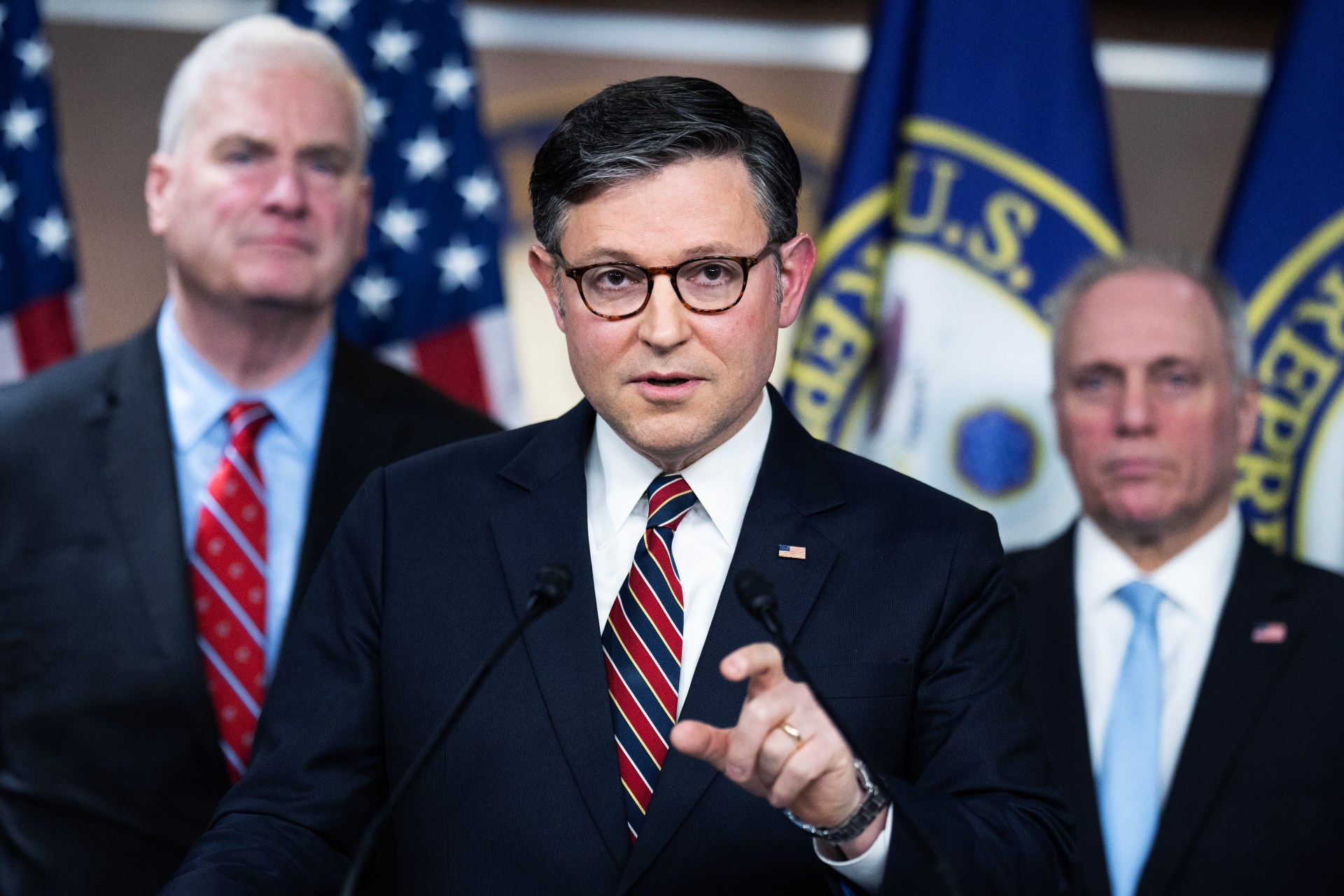Dear Dispatch readers,
Happy 101st Day of President Donald Trump’s second administration—for some of you, a truly happy occasion, for others, not so much. Regardless where you fall on the defining cultural dividing line, we’re happy to have you at The Dispatch, now home of the amazing and recently acquired SCOTUSblog. Here’s some of what we had on offer in the past week:
- “Break the glass, it’s Mark Carney Time.” A deep dive into how Trump and the politics of tariffs revived the flailing center-left party in Canada and sunk our northern neighbor’s conservatives, from The Morning Dispatch team of Charlotte Lawson, James P. Sutton, and Peter Gattuso.
- During the president’s first 100 days, GOP lawmakers have kept public pushback to a minimum, from reporter Charles Hilu. Senior editor Michael Warren also has a piece on Trump’s first 100 days—and how they match his campaign promises.
- Donald Trump’s ability to carry out mass deportations won’t depend on his ability to use the Alien Enemies Act against a Venezuelan gang, from senior editor John McCormack … and ...
The politics of consumer choice are about as old as the republic itself—my latest and a contribution to our weekly Monday Essay feature.
—David
Top Stories From the Dispatch Politics Team
Congressional Republicans who have been around since 2017 already know the routine: At any moment, the president could—at a public appearance, on social media, or elsewhere—say or do something rash, threatening, or otherwise controversial. Usually, they will employ certain strategies to defend Trump. They might ignore the absurd nature of a statement from the president and say it is part of a broader aim, or they might point to a similar thing a Democratic president has done in the past. Or they might just joke about it and make fun of the press.
Nearly 100 days into his second term as president, things are clearly not going great for Donald Trump. But the president himself seems to believe that his second term is unfolding exactly as planned. “I think that what I’m doing is exactly what I’ve campaigned on,” Trump told Time, hitting a theme he returned to several times over the course of that interview, particularly when pressed about his expansion of executive power to achieve his preferred policies.
That Americans can purchase the product of their choice among countless available domestic and foreign brands is a quintessential part of living in a free society. And yet, our leaders in Washington, D.C., have forgotten that. At least that’s what it seems like based on what they’ve been doing and the rhetoric they’ve used as justification. Not only is Trump, supported by the Republicans who control Congress, implementing tariffs that threaten to make some imports prohibitively expensive or outright unavailable, government officials are telling us that we don’t need all of those choices anyway—that it’s for our own good.
To satisfy GOP fiscal hawks in the House of Representatives, Speaker of the House Mike Johnson and Senate Majority Leader John Thune promised $1.5 trillion in spending cuts in the 119th Congress’ key tax and spending bill. Now, they have to answer the hard question: Where do the reductions come from? Of the cuts needed to fund President Donald Trump’s agenda, the biggest chunk will come from the spending overseen by the House Energy and Commerce Committee—$880 billion, per the House’s instructions to its committees. The wrinkle? That’s the committee that oversees Medicaid.
From the Cabinet all the way to high-profile White House aides, there are failed candidates for major office who might have otherwise toiled for years in obscurity or, even worse, local politics if not for Trump’s magnanimity. Contrary to the president’s boasted affection for winners, it’s loyalty to Trump, sometimes even in the face of defeat, that remains the most valuable characteristic for a Republican looking to get ahead these days. Even the losers.
Deporting members of criminal gangs is no doubt a higher priority than deporting other illegal immigrants, but—contrary to the claims of Vice President J.D. Vance or White House adviser Stephen Miller—nothing supports the notion that illegal immigrants are entitled to million-dollar jury trials that would take centuries to carry out.












Please note that we at The Dispatch hold ourselves, our work, and our commenters to a higher standard than other places on the internet. We welcome comments that foster genuine debate or discussion—including comments critical of us or our work—but responses that include ad hominem attacks on fellow Dispatch members or are intended to stoke fear and anger may be moderated.
With your membership, you only have the ability to comment on The Morning Dispatch articles. Consider upgrading to join the conversation everywhere.